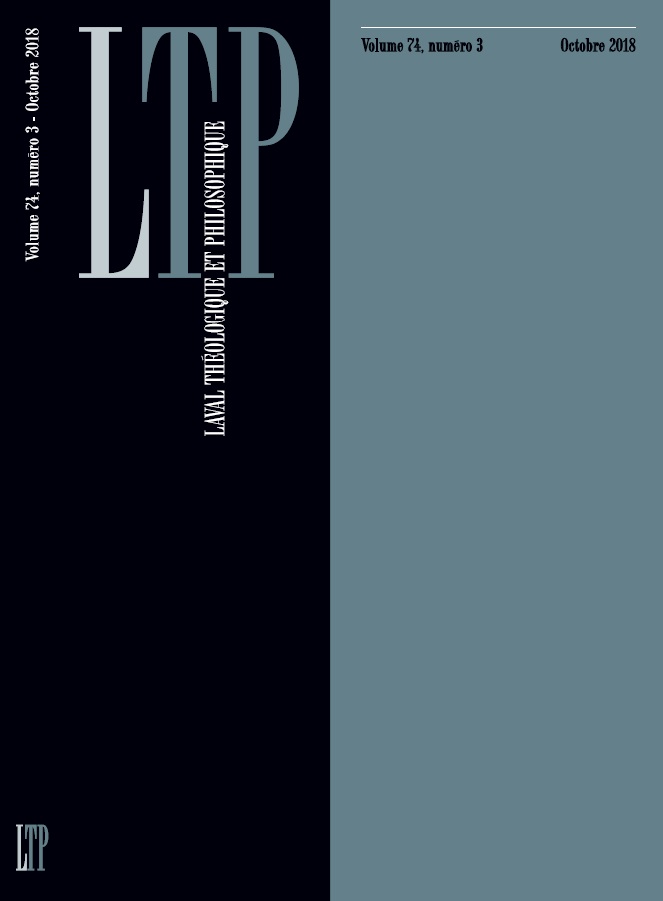Réflexions d’un indianiste à propos de l’image biblique du « Bon Pasteur »
Abstract
This article recasts the biblical theme of the Good Shepherd by suggesting an analogy between shepherding and kingship in the Ancient Near East, and by comparing the use of the theme in that context to its use in the Indian world where the god K???a is known to have spent his childhood as a cowherd. The author arrives at three conclusions: (1) the term “shepherd” necessarily implies a relationship with grazing animals which are considered to be a major source of wealth in both the Near East and India; (2) the practice of herding creates a link between an interior space and an exterior space, that is, the herder protects the animals living inside the fold from enemies that threaten them from without (wild animals, thieves); and (3) the activity of the shepherd changes over time, that is, the herder moves from one grazing land to another according to the seasons and the quality of the grazing lands; more importantly, the different shape which the activity of the herder takes at night (as he rests with his wife while the animals return to the fold) can be interpreted in an eschatological sense.

